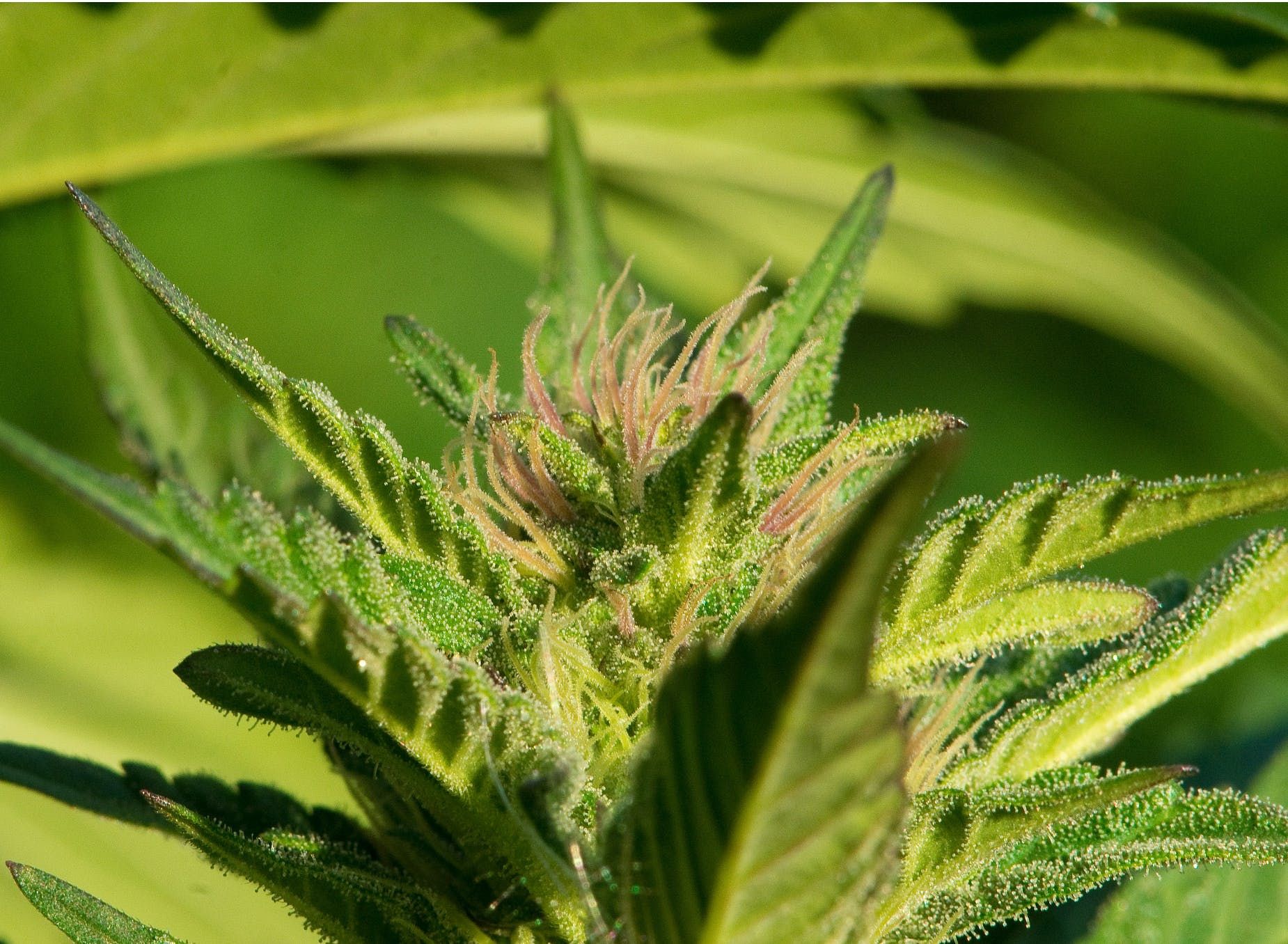The broad variety found among cannabis strains translates into a wide range of side effects, some of which can be positive, while others can be negative. In last week’s article, we reviewed the various ways you can go about reducing or eliminating any adverse side effects that may accompany cannabis consumption. Now, we turn our attention to the positive side effects that come with taking cannabis along with how to embrace and adapt to them in your everyday life.
FOLLOW US ON FACEBOOK & INSTAGRAM
Feelings of Guilt for Feeling So Good When Consuming Cannabis
Cannabis is finally starting to get the recognition it deserves as a powerful medicine. This plant is helping so many folks with their conditions and illnesses. But marijuana can come with a wide range of side effects, some of which may have nothing to do with what the patient is actively treating.
Cannabis can leave patients feeling happy, even euphoric. It can relax them. It can spark creativity. For some, cannabis puts them more in touch with their physical and emotional side, leading to new interests in spirituality or mindfulness. It can also help put folks more at ease in social situations, allowing them to be more open and compassionate with others.
RELATED: MEET 3 ARTISTS WHO USE CANNABIS TO SPARK THEIR CREATIVITY
Whatever the positive side effects may be, patients are sometimes concerned about experiencing them. They seem to feel almost guilty about feeling so good. It’s not that the effects are unpleasant, but they seem to be “unearned.” While it’s possible to avoid experiencing most positive side effects in many of the same ways you might avoid negative side effects, effective cannabis options often come with more than one positive effect, so sometimes experiencing them is unavoidable.
The Drug User Stigma Around Marijuana
It actually makes a lot of sense as an instinct to distrust substances that make you feel too good. After all, there are plenty of drugs that create positive or euphoric feelings, but can lead you down a dangerous and addictive spiral. Many of the doctor-prescribed painkillers are on this list.
Thankfully, cannabis isn’t one of them. When compared to most euphoric substances, cannabis doesn’t cause the same kind of chemical addiction, and it can’t cause a toxic overdose.
Still, there can be a strong stigma against any kind of euphoria-inducing substances including cannabis. Patients who’ve spent years avoiding addictive substances, or who are recovering from addiction, might find it quite alarming to have a euphoric reaction to cannabis.
One way to avoid the feelings of euphoria is to use cannabidiol (CBD) alone. This cannabinoid doesn’t come with cannabis’s psychoactive effects, and it can help with pain, stress, spasms and a variety of other issues.
Still, even with CBD you may feel positive side effects that you weren’t looking for, such as extreme relaxation. At some point, patients usually need to adapt to these positive effects—or give up the medicine that’s working so well towards relieving their condition or symptoms.
When It Comes to Cannabis, “Own Your Stone”
Some of the best advice I ever got while adjusting to cannabis use was to “own your stone.” Basically, this refers to the process of embracing the full experience of cannabis.
For me, cannabis was for pain and anxiety relief. I felt so much better when I was using it, but I also felt strange. I wasn’t used to being a happy, relaxed person. I’d been suffering from intense anxiety and chronic pain for as long as I could remember, and that suffering shaped a lot of my personality.
When I tried cannabis, suddenly things started to change. I could relax in conversations and crack more jokes. My speech slowed and became less intense. I felt so good that at first it made me self-conscious.
My big worry? I was changing. I was worried that I didn’t seem like the same person anymore.
Then a friend suggested that I just “own my stone.” This medicine was helping me for the better, and while I was changing, the changes were good. My health problems had shaped some of my traits, and as those dropped away, I changed in positive ways.
When I embraced this process as one of becoming more like my true self, I suddenly didn’t feel so different. My core identity didn’t shift much, but some of my habits did—and I’m so glad for it. Having embraced my full experience with cannabis, I feel more whole and authentic than I ever have.
The person I am on cannabis is happier, more social, more relaxed and more creative. I’m so glad I embraced these positive effects instead of trying to avoid them.
The Endocannabinoid System’s Connection to Achieving Good Health
As it turns out, the endocannabinoid system (ECS) plays a role in bringing about these positive cannabis transformations. The ECS is a network of receptors found in all animals, and it controls vital functions and affects key bodily functions like immune responses, mood, memory and pain.
While the ECS usually functions when our bodies’ natural endocannabinoids activate the endocannabinoid receptors, a deficiency in natural endocannabinoids can lead to a lot of health problems. This is where cannabis comes in: The phytocannabinoids found in marijuana can fill in for the body’s endocannabinoids to activate the ECS’s receptors.
While many come to cannabis for a specific reason such as pain relief, it may be that the root cause of your problems is an endocannabinoid deficiency. If this is the case, you may find that positive side effects are actually just resolutions to your deficiency. If your body has been missing out on these key natural chemicals, restoring them can bring new levels of health and well-being that you weren’t expecting.
Other people may be this happy and healthy naturally, so there’s no need to feel guilty or that you’re cheating your way to bliss. Gaining positive effects from cannabis might just be a restoration of your true self—basically, what you’d be like without the cannabinoid deficiency.
My advice? Embrace the positive side effects and live your best life, guilt-free.
In our next installment of the Cannabis for Newbies guide, we’ll discuss how to manage your cannabis tolerance. While cannabis isn’t chemically addictive, you can increase your tolerance to it. For some, this means increasingly high amounts are needed for the same effects. Stay tuned to learn more about how to work with your cannabis tolerance and bring it back down when needed.
Photo credit: Conor Lawless
Need a medical marijuana recommendation? Consult with one of HelloMD’s knowledgeable doctors; it’s easy, private and 100% online.






